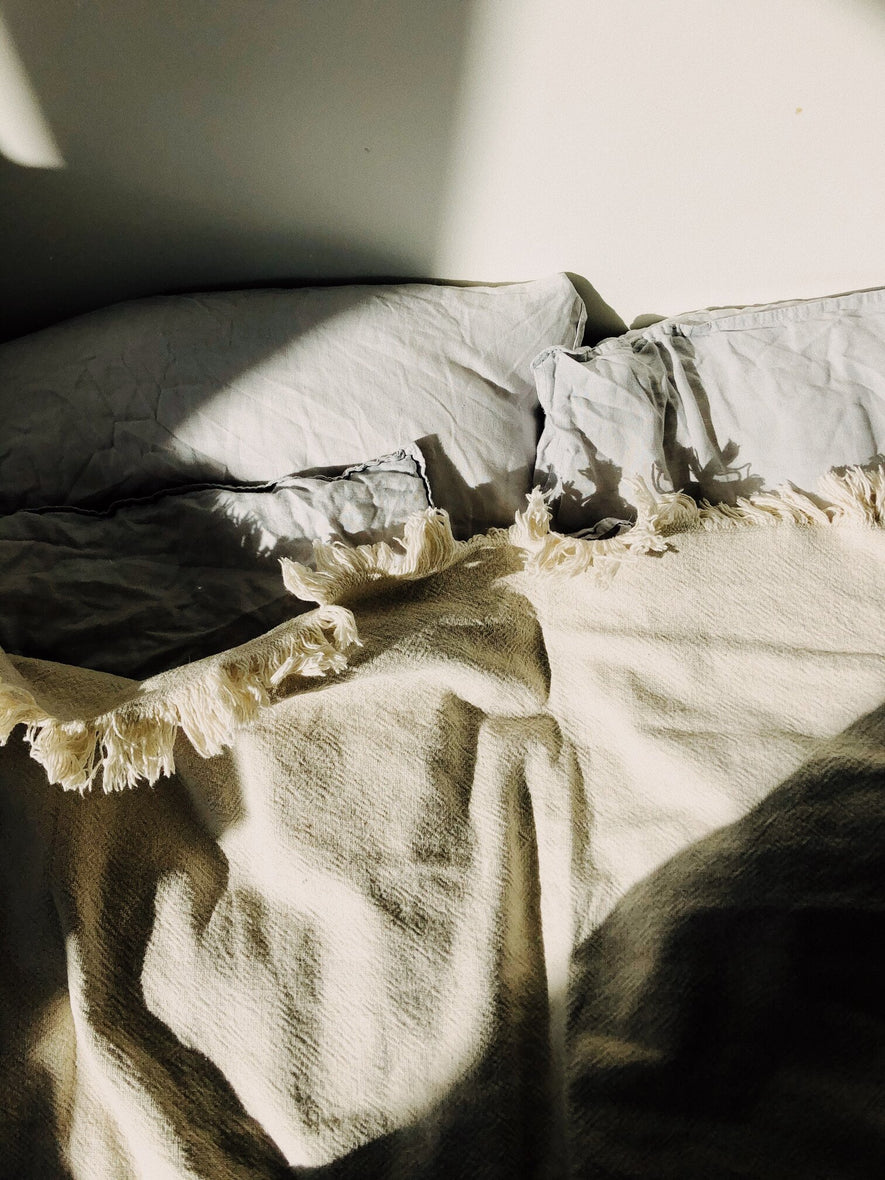
Understanding Your Sleep Efficiency
Sleep has, rightly so, become somewhat of a 21st century obsession for many of us. How much we get and how deeply we do it are all details many of us, ironically, toss and turn over. If you’ve never thought about your sleep efficiency though, you may be missing one of the most important ways to accurately measure your overall sleep health.
The way to do it is simple. Add up the hours you spend in bed, trying to get to sleep or lying awake (but leave out anything else like texting or watching TV) and then hours tot up the hours you actually spend asleep. Next, divide the first figure by the second and multiply by 100 to get your sleep efficiency percentage. A good number should be over around 85% (80% for over 60s is fine as sleep naturally declines with age). Anything less than this, or significantly less than this, indicates a problem that needs to be addressed. That said, the guidance from experts says that if you do have poor sleep efficiency, simply spending extra time in bed fretting even further, isn’t the answer. Instead, if you are struggling to sleep, get up. That will help you reduce the negative thoughts associated with trying to get to sleep. To try and combat it in a healthy way, try to stay up until you feel tired so that your brain begins to associate sleepiness with bed. Over time you can start to bring your bedtime earlier.
If you do score a low sleep efficiency, it might not strictly be a sleep issue that’s impacting it, although factors such as temperature, lighting and the right environment are all important and can make a difference. Try and determine whether there are any underlying lifestyle causes which may be hindering a good night’s sleep. Stress, poor diet, too many stimulants, illness and even loneliness can prevent us from getting enough sleep so it’s important to try and get to the root of the problem.
